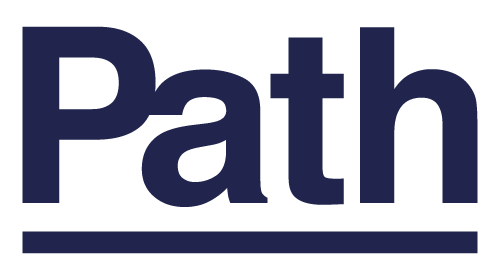From new medicines that raise the bar for emotive design in the pharma category to hi-tech bread that supports digestion and immunity, here are some things that made us say “That’s Interesting” in the studio this week.
So, we see a new player disrupt the pharma category by targeting consumers’ emotional needs through packaging, brands miserably failing the greenwash test and losing their eco-credibility, functional ingredients extending to pantry sundries, and digital applications nudging consumers to become effortlessly environmentally friendly.

Be Betr.
This new kid on the block wants the best for you! Betr is a new direct-to-consumer medicine brand seeking to improve the OTC experience of a drugstore by introducing a simple, expressive, colourful and easy to navigate system for their range. They believe that finding what you need should not be difficult and have designed their products – which target common pain and allergy ailments – to empower and connect with the consumer through information and empathy. Betr also gives back, so every purchase helps to provide access to medication to someone in need. New brands can win by simplifying and revolutionising experiences in traditional categories, thereby finding spaces and opportunities that have been missed by other brands.
Feel betr

The naked truth.
Famous Korean cosmetics brand Innisfree shows a face that is the opposite of pretty and puts its relationship with consumers and shareholders at risk. The brand is known for being an advocate of natural and sustainable beauty, but a consumer discovered that their “Hello, I’m Paper Bottle” packaging is actually a paper fibre casing over a plastic bottle. Innisfree has since admitted that the comms were misleading, but also declared that the pack uses 51.8% less plastic and is designed to be disassembled for recycling. Nevertheless, followers of the brand were very disappointed and took to social media to express this. Brands born out of a sustainability narrative are expected to stay committed and transparent. Betrayals like these can cause permanent harm to their reputation, especially within a growing pool of credible new competitors. For more on honesty being the best policy for eco-brands, ask us about our latest edition of Map, A Post-Pandemic Future for Beauty and Personal Care.
See through it all here

Smart bread.
People tend to have mixed feelings about the role of bread in their diet – it’s often a staple in our meals, it’s tasty, filling, versatile and a good source of fibre; but it is also perceived as high on calories and the risk of intolerances. UK food company Modern Baker seeks to challenge the role of bread in a healthy diet by launching Superloaf, a hi-tech bread designed to support immunity by mimicking human digestion. It also claims to slow glucose absorption, reduce calorie load and optimise gut microbiome activity. Health is the number one priority for modern consumers and the pandemic has definitely accelerated this. What other staple products could be reinvented to be better functional and wellbeing allies?
Sliced goodness here
 Green Google.
Green Google.
The latest update of Google Maps introduces directions that get drivers to their destination with the lowest possible carbon footprint. Google used insights from the US Department of Energy’s National Renewable Energy Lab to optimise routes based on fuel consumption as well as road incline and traffic congestion. The feature is being introduced through a small leaf icon next to the green routes, with future updates set to further improve this and to add functions such as comparison of routes and transportation. How else can nudging and seamless integration into the day-to-day help consumers make an effortless shift to sustainable living?
Take a greener path here
